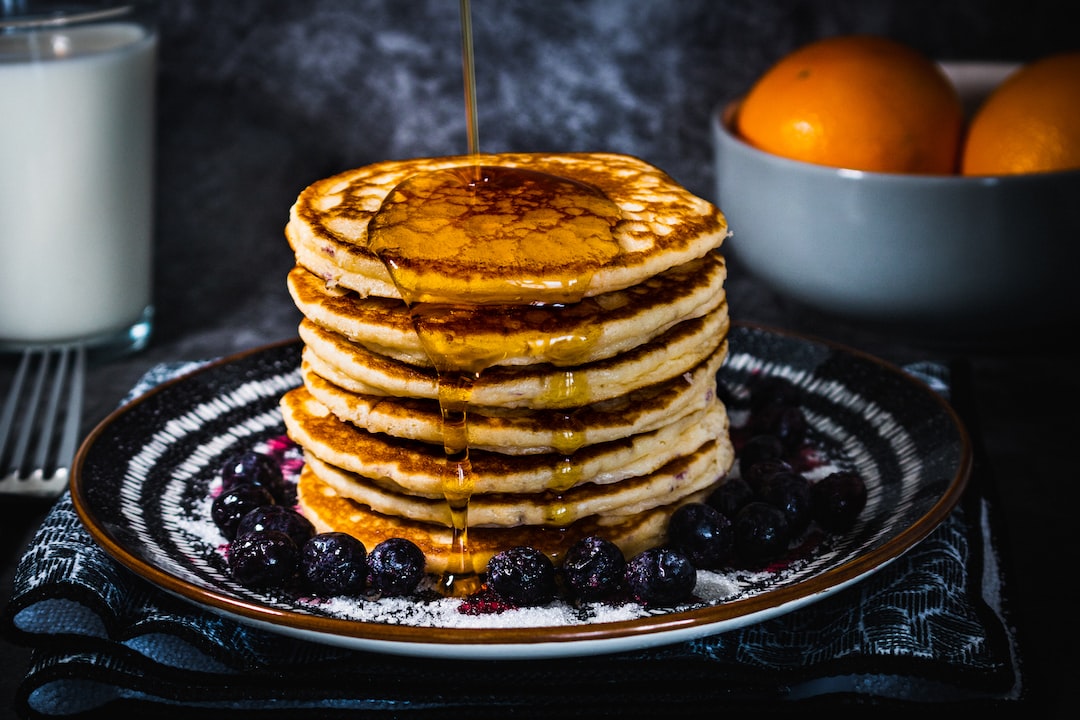The Science of Baking: Mastering the Perfect Cake
Baking is a delightful and satisfying hobby that has been enjoyed for centuries. Whether you are an experienced baker or just starting out, understanding the science behind the process can greatly improve your skills and help you master the perfect cake. Baking is not just about following a recipe; it requires precision, knowledge, and a little bit of experimentation.
One of the key ingredients in any cake recipe is flour. It provides structure and stability to the cake. The type of flour you use can greatly affect the outcome, as different flours have different levels of protein. Cake flour, for example, has a lower protein content than all-purpose flour, resulting in a lighter and more tender cake. Understanding the science of flour can help you make the right choice for your desired outcome.
Another important ingredient in baking is leavening agents, such as baking powder and baking soda. These agents create the chemical reaction that causes the cake to rise. It’s crucial to use the right amount and combination of leavening agents to achieve the desired texture. Too much can make the cake collapse or have a bitter taste, while too little can result in a dense and flat cake.
Understanding the role of fats in baking is also essential. Fats, such as butter or oil, provide moisture and contribute to the overall texture and flavor of the cake. Butter, for example, adds richness and tenderness, while oil can make the cake more moist. The temperature and consistency of the fat can also affect the outcome. Room temperature butter, for instance, should be creamed with sugar to create air pockets that help the cake rise.
The role of eggs in baking cannot be underestimated. Eggs act as binders, emulsifiers, and leavening agents. They help provide structure, texture, and help the ingredients blend together. Understanding how eggs work can help you create a perfectly balanced cake. Beating eggs until they are fluffy can add air to the batter, resulting in a light and fluffy cake.
Temperature control is another important aspect of baking. Understanding how heat affects the ingredients can help you achieve the perfect texture. Oven temperature should be accurately set to avoid over or under-baking the cake. Remember that every oven is different, so it may require some trial and error to find the right temperature and baking time for your specific oven.
Finally, mastering the art of baking requires practice and experimentation. Keep a record of your baking experiments to learn from your successes and mistakes. Remember to have fun while baking, as the process is as enjoyable as the final outcome.
In conclusion, baking is a beautiful blend of science and art. Understanding the role of each ingredient and the science behind the process can help you master the perfect cake. Experiment, learn from your mistakes, and enjoy the journey. Happy baking!
